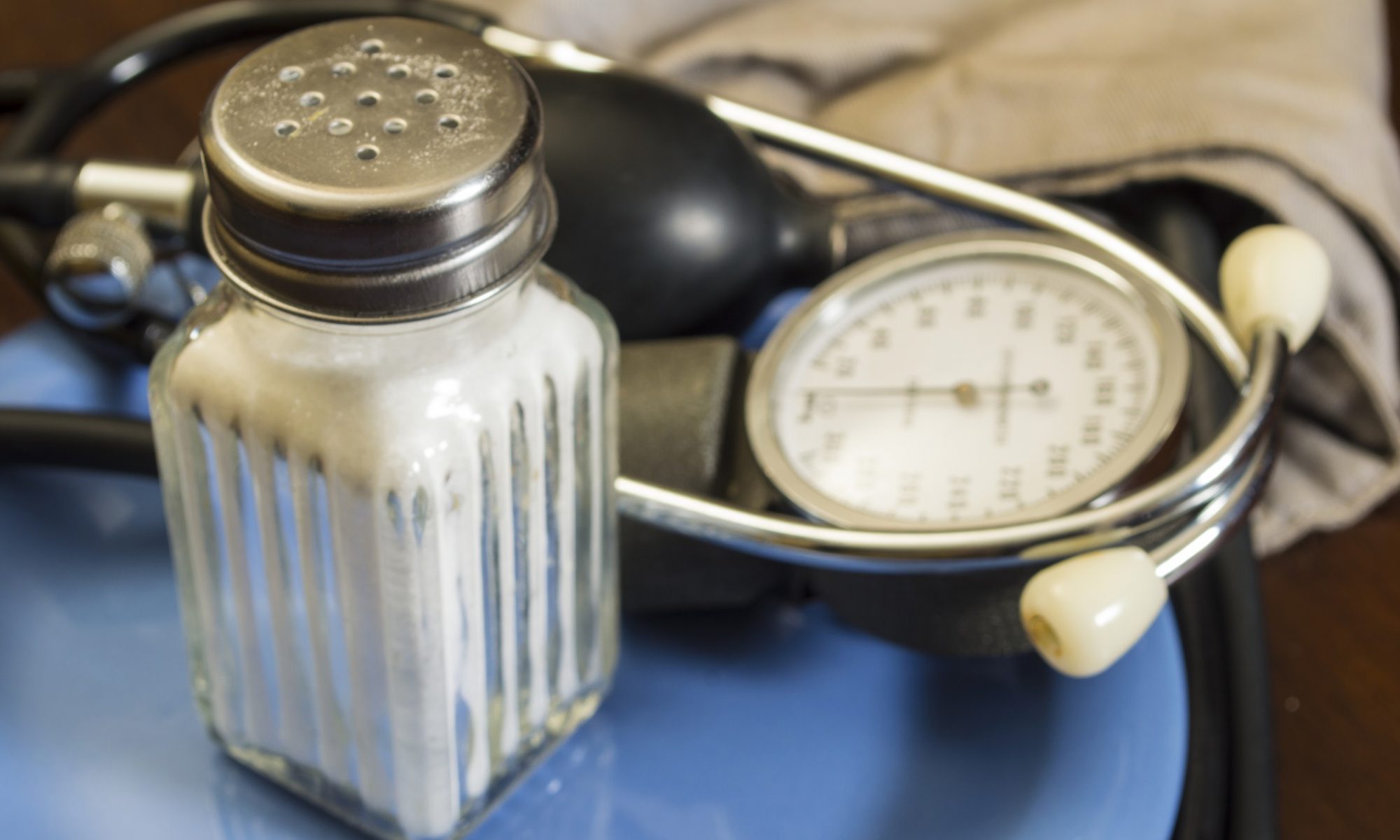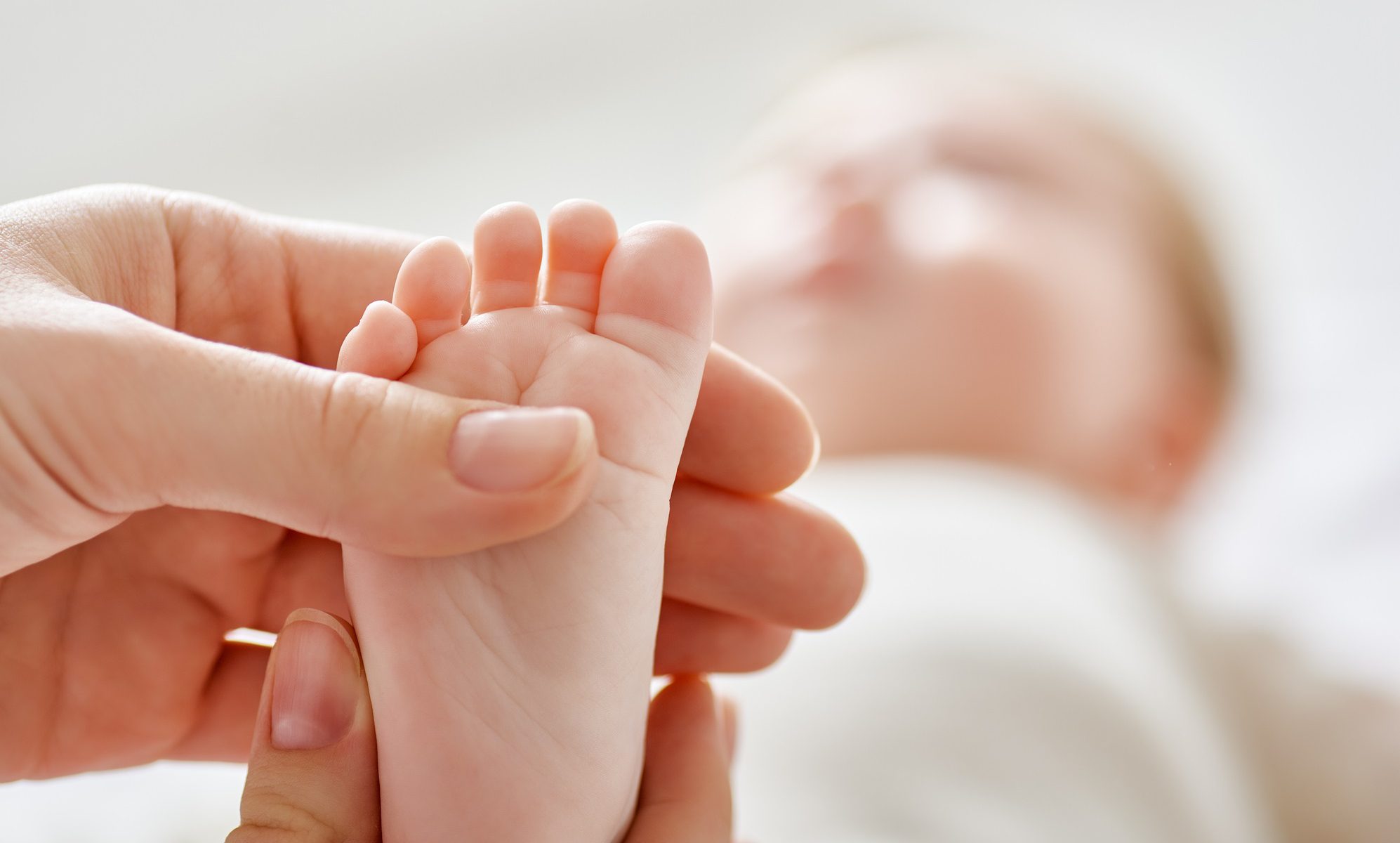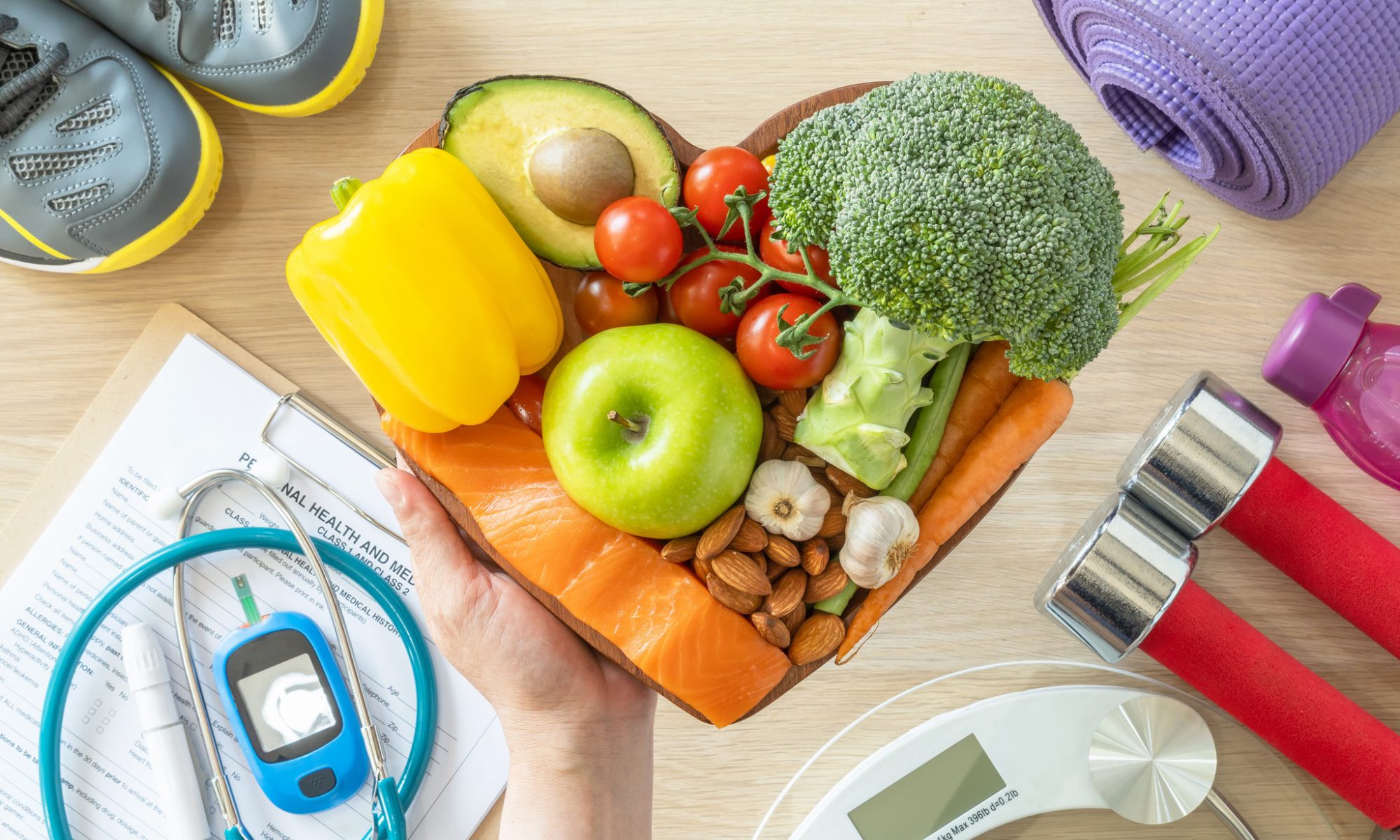— Sodium restriction still holds its ground in SODIUM-HF trial
WASHINGTON — A dietary intervention reduced sodium intake, but did not reduce clinical events, for people with heart failure (HF), according to the SODIUM-HF trial.
Between patients randomized to a low-sodium diet or usual care for 12 months, there was no statistically significant difference in the combined outcome of cardiovascular-related admissions to hospital, cardiovascular-related emergency department visits, and all-cause death in the trial (15% vs 17%, HR 0.89, 95% CI 0.63-1.26), reported Justin Ezekowitz, MBBCh, of the University of Alberta in Edmonton, Canada. Read more in MedPage Today.






